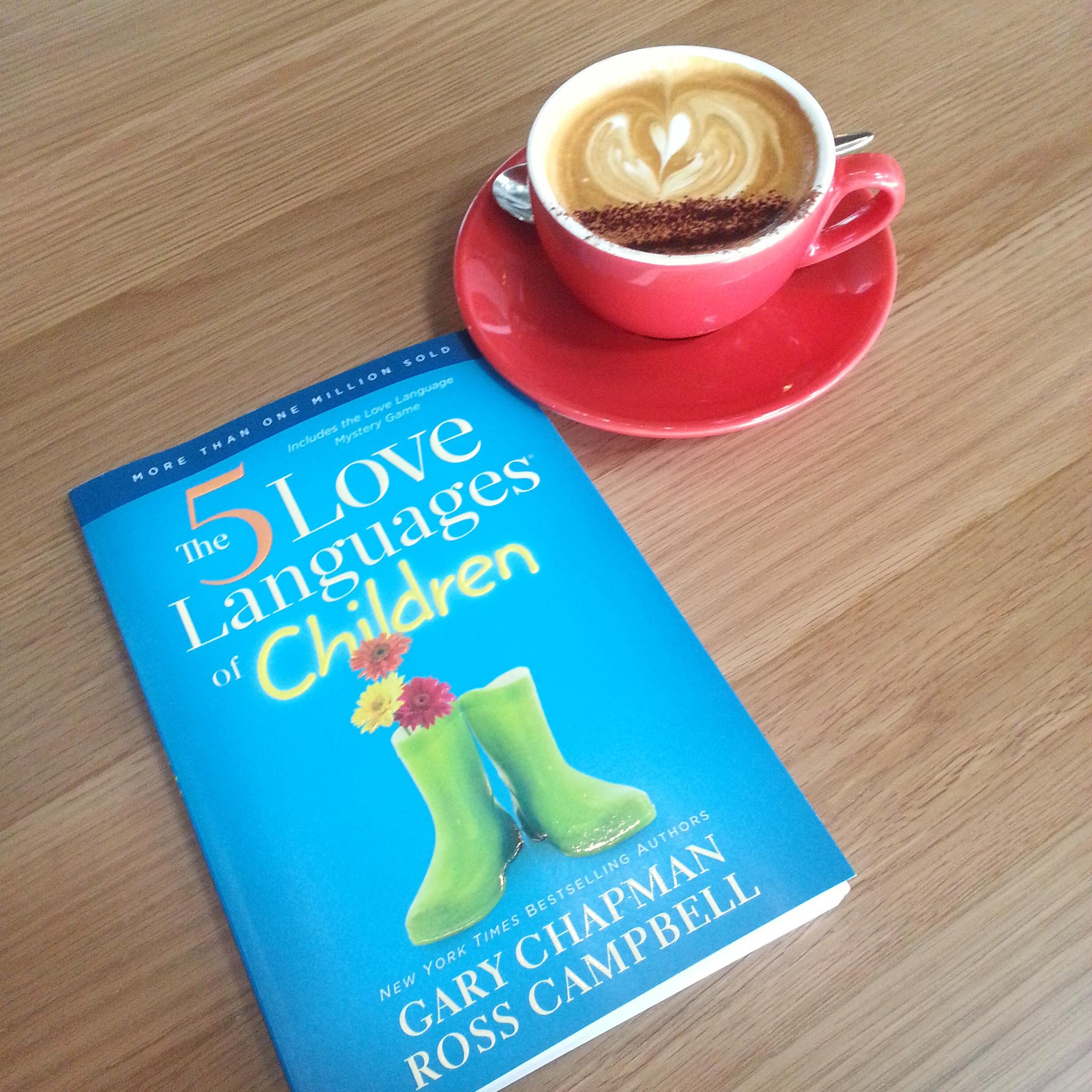Wellbeing - Building Strong Relationships

Five Love Languages of Children
“In communicating love, words are powerful. Words of affection and endearment, words of praise and encouragement, words that give positive guidance all say, ‘I love you’ ….like a gentle, warm rain falling on the sand, they nurture the child’s inner sense of worth and security. Even though such words are quickly said they are not soon forgotten. A child reaps the benefit of affirming words for a lifetime.” The five Love Languages for Children (Chapman & Campbell)
Words of Affirmation
It is vital that the emotional and non-verbal messages match the words that are being spoken from a very early age.
Words of Affection and Endearment: Because children think in concrete form or purely black and whites, we need to help them understand the abstract concept of love. Helping children ‘feel’ affection whilst you tell them ‘I love you’ will help consolidate in their minds the importance and meaning of these 3 crucial words. For example, sitting on the couch cuddled together, watching a beautiful Carlton victory, with your child feeling warmth, joy and a very real closeness to you is a perfect time to verbalise ‘I love you’. Once your child aligns the affection you are showing, with the words you are speaking, your words of love can have a significant impact on filling your child’s love tank at crucial stages of their life.
Words of Praise: Words of praise differ from those of affection as they tend to be associated with the actions of the child rather than just because of who they are. To ensure your words of praise have their desired effect, it is important to ensure the frequency and meaning is warranted. Children know when praise is justified or when it is simply given to make them feel good. If the frequency of the words is too excessive, they can lose their importance. If the praise is not deemed justified then it can be interpreted as insincere or lying.
The word, encourage, means ‘to instill courage’. We are seeking to give children the courage to step out of their comfort zone and attempt more things. We must never underestimate the power of encouraging words to a child. Whilst much of a child’s behaviour is mimicked from those who they choose to model themselves on, verbal encouragement plays a crucial role in encouraging positive aspects of their development. Positive reinforcement of desirable life skills can help give a child the inner motivation to go against what are more natural, selfish behaviours. Positive encouragement of their efforts to share, listen or include others, for example, will help build in them a much stronger social awareness of others.
The greatest ‘enemy’ of encouragement is anger. It is vital therefore, for parents not to get absorbed in their anger and where possible model good anger management techniques. The volume of a parent’s voice also has a great influence over a child’s reaction to what is said. Supposedly, a part of the adolescent brain actually shuts down when yelled at, so they wont actually recall what was being said. Encouraging words are most effective when they are focused on positively reinforcing a specific effort a child has made rather than for a significant achievement.
Children need guidance, and words of guidance help to shape the language, behaviour and values as the child learns to socialise in their cultural setting. A parent who provides ‘loving’ guidance always has the child’s best interests at heart and is aimed at developing the qualities that will serve them well in the future. “Words of guidance must be given in a positive manner. A positive message delivered in a negative manner will generally reap negative rewards” (Chapman & Campbell).
It is also important not to view parental guidance as an exercise in prohibition. For example “Don’t drink…. Don’t do drugs… or Don’t speed” are all good warnings but hardly meaningful explanations to guide children through the decision making process.
If your child’s primary love language is words of affirmation then it is imperative that the words “I love you” are stand alone words. They should never be diluted with conditional statements such as “I love you but… or “I love you except when…”



